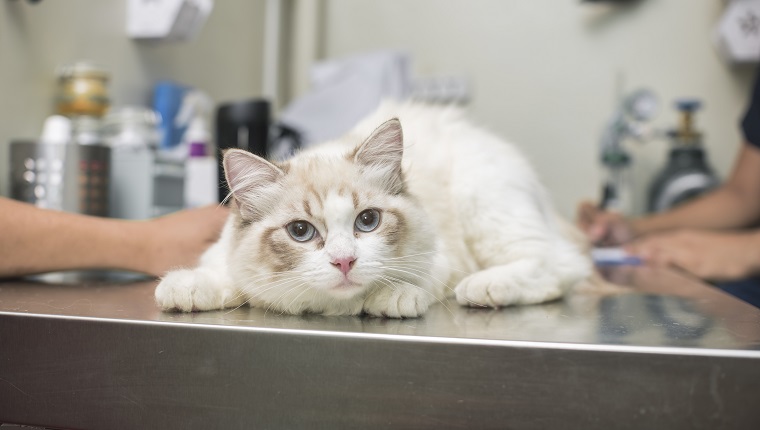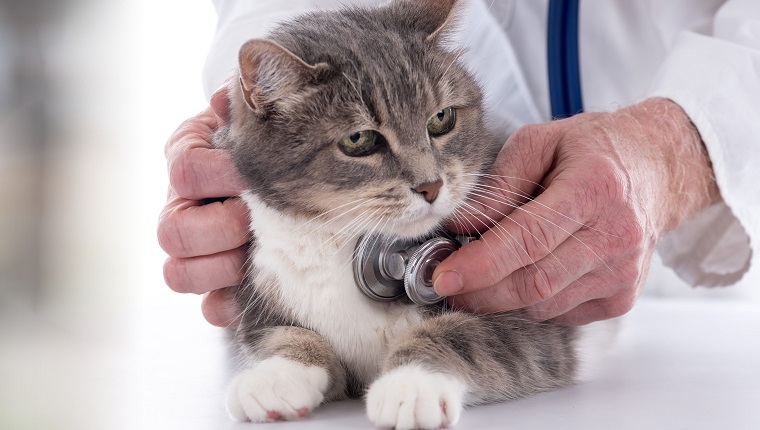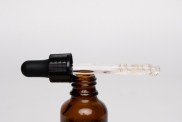Tyzzer disease in cats is a serious bacterial infection that cats mostly pick up through exposure to infected feces or by consuming contaminated food and water. The disease spreads from the intestines to the liver and then to the heart.
The condition can become life threatening as quickly as within twelve to 24 hours. In general, younger cats have a higher risk of developing the disease.
If you see signs that your feline might be suffering from a bacterial infection, then you must consult your veterinarian for a proper diagnosis and course of treatment. Here’s what you should know about the symptoms, causes, and treatments of Tyzzer disease in cats.
Symptoms Of Tyzzer Disease In Cats
Tyzzer disease in cats can result in a wide range of symptoms. Some of the most common general symptoms include:
Causes Of Tyzzer Disease In Cats

Tyzzer disease mainly occurs when a cat suffers exposure to a bacteria called Clostridium piliformis. The main ways that this happens include:
- Ingesting infected food and water
- Exposure to infected feces
In general, younger cats have a higher risk for the disease, and some theories have linked the condition to young cats who eat a very high protein diet.
Veterinary Treatments
If you suspect that your cat has developed Tyzzer disease, then your veterinarian will want to carry out a full physical examination. They’ll order a complete range of laboratory tests, including analysis of blood, urine, and electrolytes.
Monitoring the level of liver enzymes can be crucial when it comes forming a diagnosis.
At the time of writing, there is unfortunately no known cure the disease in cats. If your vet determines that your kitty has developed the condition, they will recommend steps to help alleviate the pain, which might include painkillers and hydration measures.
If your cat is battling the disease at home, it is important that they stay isolated from any other uninfected animals in the house.
Have you ever had a cat who contracted Tyzzer disease? What steps did your vet suggest to help? Tell us all about it in the comments below.









